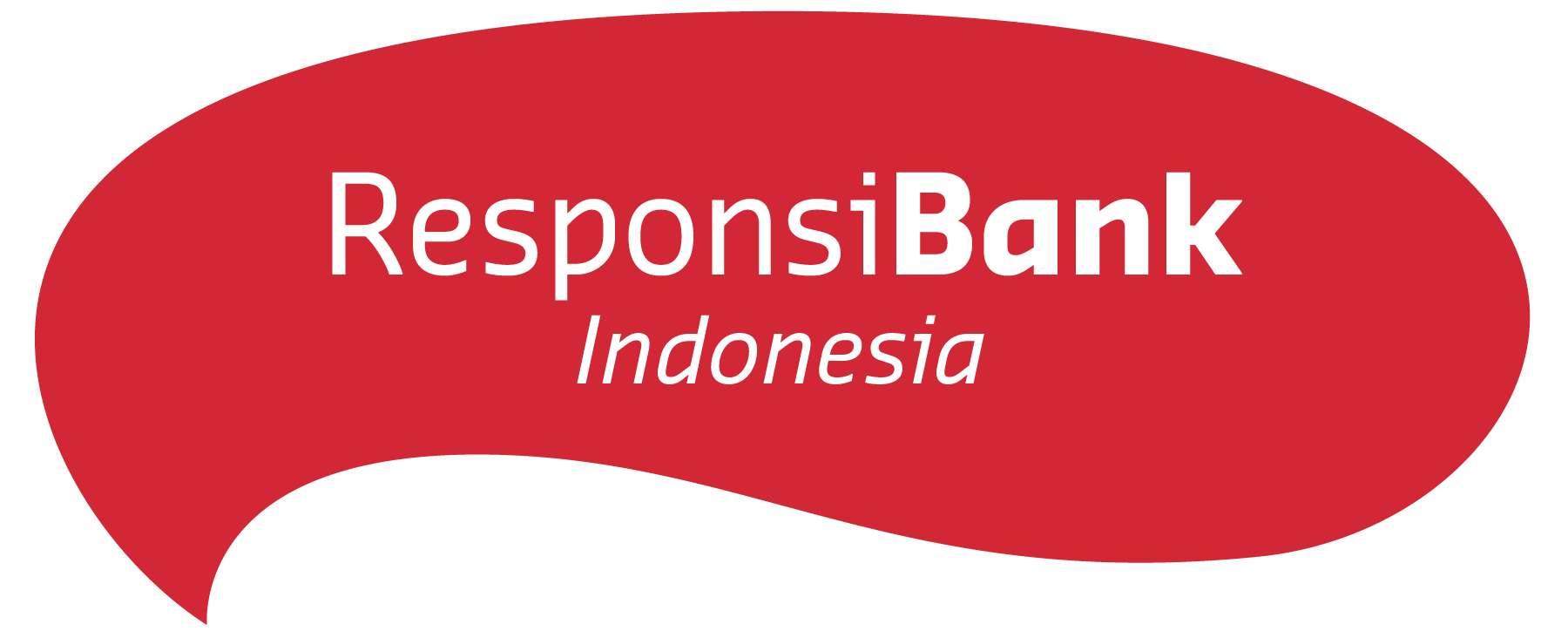Seribu Lara PLTU Batubara: Bank Harus Ikut Bertanggungjawab
Bicara tentang pelanggaran Hak Asasi Manusia identik dengan narasi besar tentang perang, penindasan, dan konflik. Padahal, setiap aspek dalam kehidupan sehari-hari juga lekat dengan pemenuhan HAM. Di sektor bisnis, HAM tak hanya terkait dengan aspek internal perusahaan terkait hak pekerja (kerja layak, jaminan sosial, hak untuk berserikat, dan bebas dari diskriminasi) namun juga dampak eksternal terhadap lingkungan dan masyarakat yang disebabkan oleh operasional perusahaan.
Contoh kasus pelanggaran HAM yang terkait dengan praktik bisnis perusahaan dapat dilihat pada proyek pembangunan Pembangkit Listrik Tenaga Uap (PLTU) berbahan bakar batubara di Cirebon, Jawa Barat, Indonesia oleh Cirebon Power. Proyek PLTU Cirebon Unit 2 Ekspansi ini merupakan lanjutan dari PLTU Cirebon berkapasitas 660 MW yang telah beroperasi sejak tahun 2012.
Pembangkit listrik energi fosil tak hanya menjadi ancaman bagi planet karena mengakselerasi perubahan iklim, tapi juga bagi manusia yang terpapar oleh polusi dan limbah hasil pembakaran batubara. Tak hanya menurunkan kualitas kesehatan, degradasi lingkungan yang ditimbulkan dalam bentuk hilangnya keanekaragaman hayati serta pencemaran tanah-air-udara di sekitar PLTU pada akhirnya juga mengancam penghidupan petani, nelayan, dan petambak garam yang menggantungkan hidupnya pada alam.
Lebih jauh, proyek ini juga dinilai bermasalah karena tidak melalui proses FPIC yang cukup yang melibatkan masyarakat terdampak sehingga diwarnai oleh beragam aksi protes dan demonstrasi. Proyek ini juga menuai gugatan hukum karena melanggar Rencana Tata Ruang dan Wilayah serta bermasalah dalam hal perijinan. Bahkan, masalah perijinan ini juga berujung pada kasus korupsi dan suap yang melibatkan mantan pejabat Kabupaten Cirebon dan Hyundai Engineering & Construction selaku kontraktor PLTU.
Studi Fair Finance Guide Japan pada Desember 2019 juga menemukan bahwa pembiayaan pembangunan PLTU Cirebon oleh sindikasi Lembaga keuangan internasional seperti JBIC Japan, Export-Import Bank of Korea (KEXIM), The Bank of Tokyo Mitsubishi UFJ, Ltd, Mizuho, Sumitomo Mitsui Banking Cooperation, ING Bank melanggar norma internasional seperti Equator Principles, IFC Performance Standards, UN Global Compact, dan OECD Guidelines for Multinational Enterprises.
Sudah saatnya lembaga keuangan ikut bertanggungjawab atas dampak lingkungan dan sosial yang timbul sebagai dampak dari investasi yang mereka lakukan. Sudah saatnya lembaga keuangan turut andil dalam penghormatan atas HAM. Sudah saatnya lembaga keuangan memanfaatkan momentum global untuk mendorong transisi energi, sekarang saatnya hentikan pembiayaan energi kotor #StopCoalFinancing!
Eerlijke Geldwijzer, FairFin, Fair Finance Guide Japan, WALHI, Fair Finance Asia
------
Human rights violation is identical with huge narrative about war, oppression and conflict. In fact, every aspect of our lives is closely related to the human rights fulfillment. In business sector, human rights is not only closely related to company’s internal aspect that puts forward labor rights (decent work, social security, the right to unionize and freedom from discrimination) but must also address the external impact towards the environment and society caused by the company operations.
One of the case on human rights violations related to business practice can be seen in the Coal-Fired Power Plant (CFPP) project development in Cirebon, West Java, Indonesia by Cirebon Power. This Cirebon CFPP 2nd unit expansion project is the extension of the 660 MW Cirebon CFPP which has been operating since 2012.
Fossil fuel energy is not only a threat for the planet by accelerating the climate change, but also possess threat to society who are exposed to the pollution and waste from burning coal. More than just decreasing the quality of health, environmental degradation that emerges in the form of biodiversity loss as well as land-water pollution around the CFPP area threaten the livelihoods of farmers, fishermen, and salt farmers.
Furthermore, this project is considered to have many issues as it did not go through the FPIC process that involves affected communities hence resulted in protest action and demonstration. This project also led to lawsuits since it violates the spatial planning and territorial governance and had licensing problem. In fact, this licensing issue also led to corruption and bribery cases involving former officials of Kabupaten Cirebon and Hyundai E&C as PLTU contractors.
The Fair Finance Guide Japan study in December 2019 also found that the financing for Cirebon CFPP construction by syndicate of banks such as JBIC Japan, Export-Import Bank of Korea (KEXIM), The Bank of Tokyo Mitsubishi UFJ, Ltd, Mizuho, Sumitomo Mitsui Banking Cooperation, ING Bank violates the international norms such as Equator Principles, IFC Performance Standards, UN Global Compact, dan OECD Guidelines for Multinational Enterprises.
It is time for financial institutions to take responsibility for the environmental and social impacts that arise as a result of their investments. It is time for financial institutions to take part in respecting human rights. It is time for financial institutions to take advantage of the global momentum to drive energy transition, now is the time to stop financing #StopCoalFinancing dirty energy!
Eerlijke Geldwijzer, FairFin, Fair Finance Guide Japan, WALHI, Fair Finance Asia
